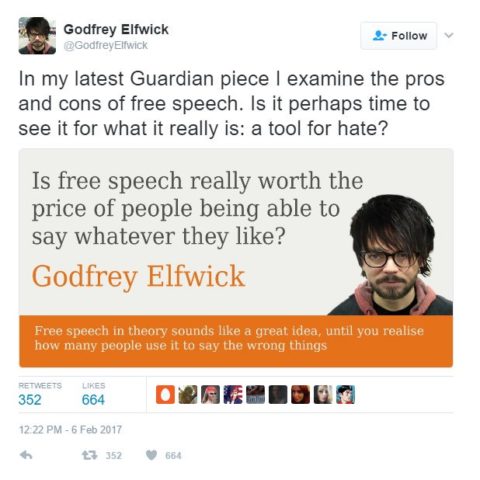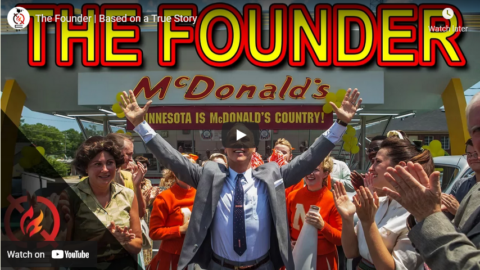I just got Rex’s new book the other day and I meant to put up a post about it, but I forgot, so I’m borrowing the introduction from his most recent Fabrication First newsletter to rectify my error:
There’s a kind of video on YouTube. There are dozens of versions. Each one promises that you can “Get Started Woodworking for Less Than $1000!” or the title proclaims: “Start Woodworking: 5 Tools You NEED.”
I hate these videos.
For a second, let’s ignore the fact that $1000 is a fantastic sum of money. Let’s ignore the fact that hardly anyone can cough up that much cash to just get started on a hobby. Instead, let’s focus on the fact that none of the tools in these videos are necessary.
None of them.
Most of these videos focus on power saws. They tell you that a table saw and a miter saw are essential. They might cover alternatives like a track saw or inexpensive circular saw, but none of them tell you that you don’t need ANY electric saws to get started. You also don’t need a cordless drill, a router, a drill press, or an electric lathe. All of these tools are expensive and many of them are dangerous. They all produce dust that you really don’t want to breathe and they take up a lot of space. The idea that you need these things just to get started is absurd.
Of course, this is a lot of big talk from me. If I don’t think you need to buy all the plug-in tools, if I think it’s crazy to ask people to spend that much money, then I better have an alternative. I better have an effective, inexpensive and safer way to get started. And it turns out, I do. And I just wrote a whole book about it.
The book is based on a simple idea: take a person with no tools and no woodworking experience and get them learning the craft as quickly, safely, and cheaply as possible. By the end of the book, even a raw beginner should be making real, useful projects. If it sounds crazy, it shouldn’t. It’s completely possible.








